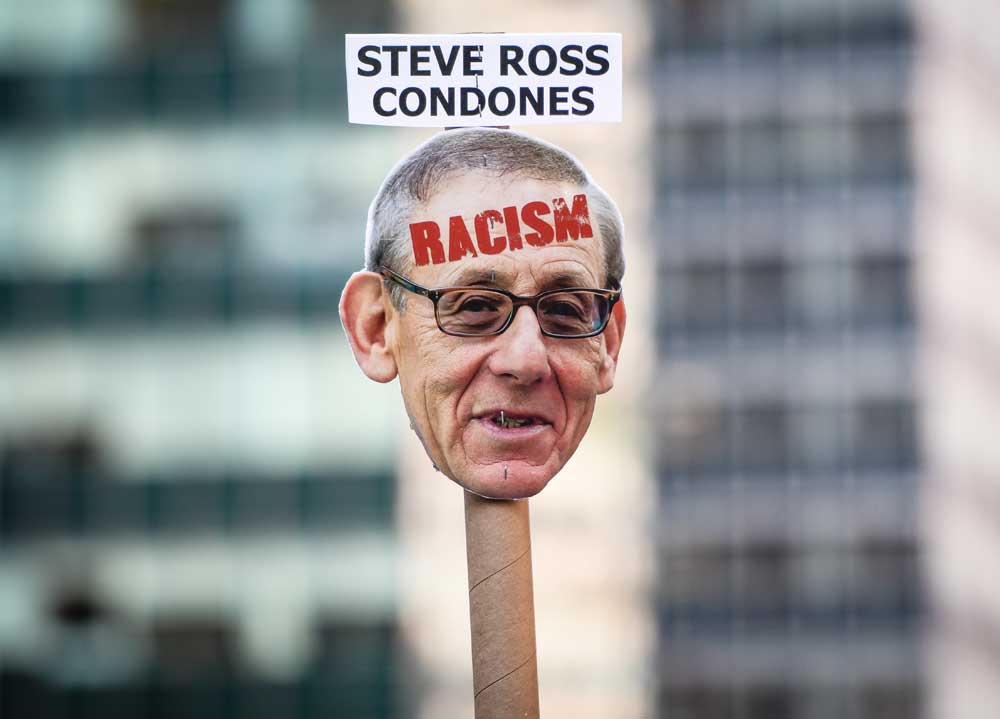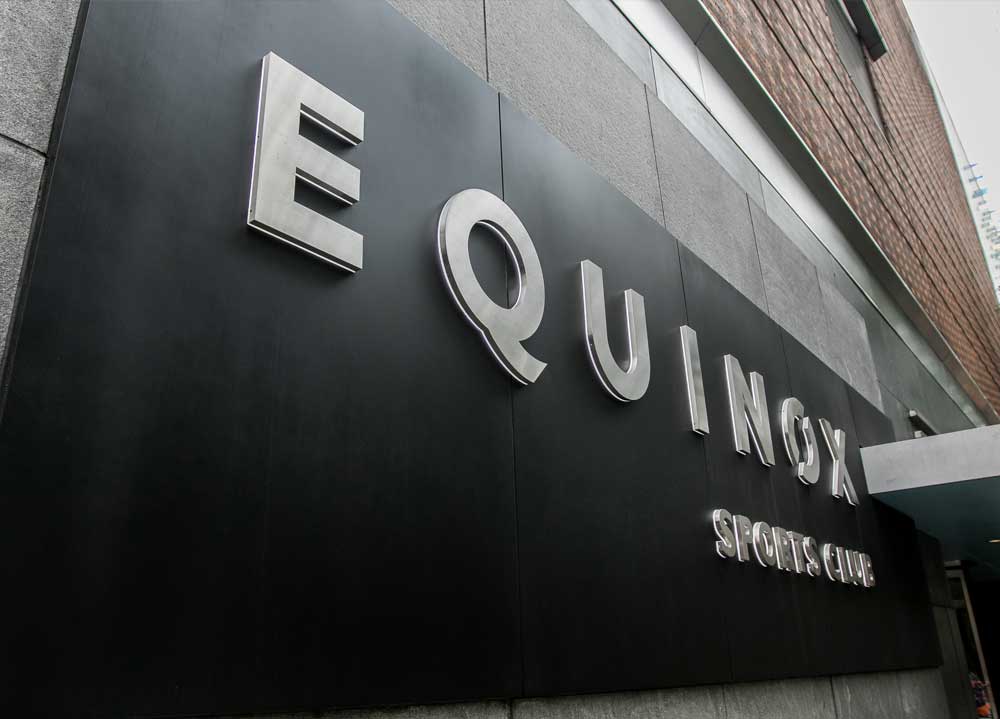Related Companies’ electrical subcontractor at 909 Half Street in Washington DC, Power Design, Inc., was cited on eleven counts regarding worker misclassification and wage theft by the DC’s Attorney General (AG) on August 6, 2018. As described by the AG, the scheme stripped workers of rights and benefits, created a “race to the bottom” in the industry, and evaded payroll taxes.
The AG’s legal filing described Power Design as the “architect” of this worker misclassification scheme, on which their DC business model was dependent. Power Design hired “labor brokers” to provide workers, but according to the AG’s suit at least 535 of these workers were misclassified as independent contractors.
JVA was a labor broker at 909 Half Street. JVA’s payroll records indicate violations of minimum wage and overtime payments. According to the AG’s claim, there was “a systemic failure to pay overtime.” In 2017, 180 employees worked more than 40 hours per week for at least 1,000 work-weeks and were not paid the legally mandated overtime premium.. Additionally, at least 24 individuals working on Power Design jobsites between January 2016 and June 2016, and 39 working between July 2016 and December 2016, were paid a subminimum wage.
This is not the first-time Power Design has faced controversy over labor practices. The firm has a history of wage theft allegations and sexual harassment lawsuits. Power Design has settled no fewer than six Fair Labor Standards Act (FLSA) cases with workers alleging wage theft, including a $100,900 settlement with 21 Florida workers.
A female employee of Power Design who worked in their Florida office filed an Equal Employment Opportunity Commission and civil suit against Power Design. She claimed she was “sexually harassed, embarrassed, abusively demeaned, retaliated, and discriminated against at work” by the Regional Vice President, Robert Dean McMillian. In the federal complaint, the worker alleges “Power Design has a history of condoning McMillian’s illegal conduct by terminating those who do not acquiesce and its corporate culture creates, tolerates and fosters a sexually hostile work environment which forced employees to silently endure, ignore, and condone discrimination or risk termination.”
The female worker describes verbal and physical harassment ranging from inappropriate comments about her body, her diet, her relationship with her boyfriend, sexual characteristics of other female employees and inappropriate physical contact. Mr. McMillian allegedly frequently spoke of another employee’s appearance in Girls Gone Wild and made consistent inquiries as to whether the plaintiff had watched the movie yet.
When the woman spoke up about this behavior, the complaint describes Power Disking dismissing her concerns as “mere joke” and “boys being boys.” The worker was allegedly told to “keep quiet” and eventually fired in apparent retaliation. The complaint states that after her termination, in a team meeting, Mr. McMillian told the rest of the staff to “keep his name out of their mouth, or they will ‘end up like’” the terminated female worker.
The case was stayed following the parties’ agreement to resolve the issue through arbitration.
In another sexual discrimination case, Power Design project manager Nadia Ramirez claimed that she was terminated for requesting leave for the birth of her child. This allegation, if proven, constitutes a violation of the Family Medical Leave Act. According to the complaint, within four hours of notifying her employer of her intention to request this time off, she was terminated. The case was eventually dismissed by joint agreement of the parties, presumably based on a settlement.
FLSA suits against Power Design include:
- Six workers brought a civil action against Power Design for failing to pay the overtime premium. Power Design initially won a favorable judgement on the argument that a private right of action was not available to these workers because the project fell under the Davis-Bacon Act or Contract Work Hours and Safety Standards Act (CWHSSA). The federal Department of Labor filed an amicus brief in the appellate court in support of the workers and a judge eventually vacated the district court ruling. In February 2018, the workers were awarded $355,227 by the district court.
- A civil suit was filed against Power Design by a worker in Washington, DC in April 2016 with similar allegations. The complaint describes workers being denied the legally required overtime premium and being misclassified as independent contractors from November 2016 to April 2016. Power Design settled the case with the worker, agreeing to pay $25,000 in back wages, damages and attorney fees.
- A Fair Labor Standards law suit filed by workers in December 2016 against Power Design alleges that the workers were not paid the minimum wage and overtime premiums. The minimum wage in Florida, where the workers were employed, at the time was $8.05. In total, 21 workers sought to join the law suit. Power Design settled the case, agreeing to pay the workers $100,900, but refusing to acknowledge that the company was ever the employer of the workers.
- Five electrical workers in DC filed a class action law suit against Power Design and other employers for failing to pay the minimum wage and overtime premium in December 2014. The case was settled with the Defendants agreeing to pay back wages, liquidated damages and attorney fees totaling $35,000.
- Two employees filed suit for unpaid work hours cover approximately two months in the fall of 2015. The case was settled for $3,500 in April 2018.
- Wilson Moise, an employ of Power Design, alleged that he regularly worked overtime hours between February 2007 and December 2009 without being compensated at the legally required overtime premium. The case settled in September 2010.







